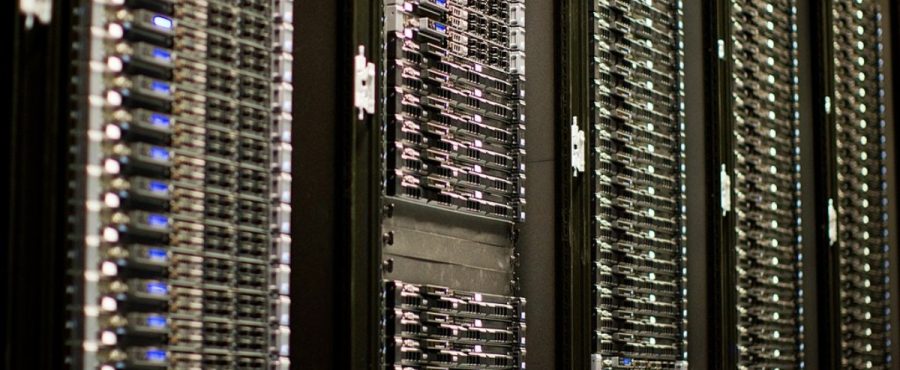Cybersecurity Risks of Working from Home & How To Prevent Them
The coronavirus pandemic has led to a large portion of the workforce working from home. City shutdowns, stay-at-home orders, and social distancing guidelines that popped up in response to COVID-19 have shifted employees from office buildings to at-home offices. Even as restrictions lift, many people are opting to continue working from home to stay safe and stop the spread of the virus.
As companies adjust to this major change, they must prioritize cybersecurity to keep their networks and valuable data safe from hackers and cybercriminals.Read More
Tech Leaders Address the Impact of The Cloud on the Environment
The enormous amount of energy that needs to be consumed to power the world’s ever-increasing collection of data centers has been an open secret for a while now. While The Cloud is often advertised as this omnipresent and weightless concept, its implementation results in a significant real-world impact of the cloud on the environment. Due to the massive energy consumption needed to store the world’s data, cloud storage negatively impacts the environment, contributing a large share of the fossil fuels released into the atmosphere.
5G Cybersecurity Concerns The Government & Businesses Need to Prepare For
In April 2019, The President commented on 5G deployment in the United States. In what can be considered a mission statement, President Trump stressed the importance of America getting a 5G network and remaining the leaders in communication network innovation.
VPS vs. Dedicated Servers Vs. Cloud Servers
As a business, you have plenty of choices when it comes to choosing the hosting model to support your company’s website, data, and IT network. Some of the most popular server hosting types are virtual private servers (VPS), dedicated servers, and cloud servers. At our Boston and Dallas colocation company, LightWave Networks, we offer all three server hosting options. At our two data centers, we host VPS, cloud servers, and dedicated servers in Boston and Dallas. When it comes to comparing VPS vs. dedicated vs. clouds servers – here’s a breakdown of the pros and cons of each option.
Cloud-Based Server Backup Solutions: What is Cloud-to-Cloud Backup?
There is an extensive variety of cloud-based server backup solutions. One type of cloud-based back up has become more popular in recent years and that is cloud-to-cloud backup, otherwise known as C2C backup. Essentially, cloud-to-cloud backup sees an organization’s data stored on one cloud service copied to another cloud platform.





